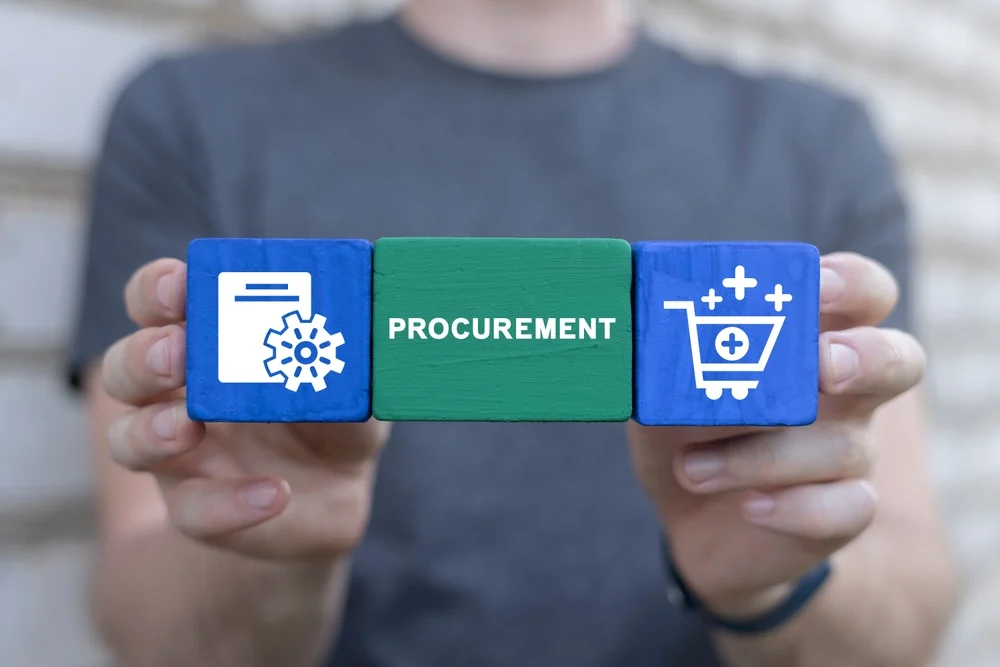Phases of Contract Management in the Energy Sector: A Three-Stage Approach Course
Introduction:
Efficient handling of contracts is crucial in the energy industry, impacting business performance, compliance, and risk management within a complex and regulated environment. The contract management process is generally divided into three phases, covering activities from initiation to completion.
These phases are vital for the energy sector, where contracts often involve complex terms, substantial capital investment, and long-term commitments. Mastery of these phases enables companies to streamline their processes, enhance strategic planning, and utilize advanced contract management software effectively.
In this course on contract management in the energy sector, participants will delve into the effective stages of contract management related to energy infrastructure projects. They will learn how to enhance Contract Lifecycle Management through the strategic use of smart contracts, ensuring regulatory compliance and efficient business operations.
Objectives:
At the end of the Phases of Contract Management in the Energy Sector: A Three-Stage Approach course, participants will be able to:
- Embrace the relevance of contract management for the energy sector.
- Investigate the three phases of contract management in detail.
- Manage energy contracts effectively throughout their lifecycle.
- Understand how energy contract management systems streamline processes.
- Comprehend the use of smart contracts in the energy sector.
- Develop skills in drafting, negotiating, and reviewing energy contracts.
- Learn strategies to mitigate risks associated with energy contracts.
- Enhance skills in monitoring contract performance and ensuring compliance.
- Understand best practices for resolving contract disputes in the energy industry.
- Analyze case studies and examples to illustrate key concepts and challenges.
Training Methodology:
- Case studies
- Interactive workshops
- Role-playing scenarios
- Expert guest lectures
- Focus group discussions
- Simulations
- Document analysis
Course Outline:
Unit 1: Introduction to Contract Management in the Energy Sector:
- Importance of contract management in the energy sector.
- Overview of the three phases of contract management.
- Benefits of effective contract management for energy projects.
- Introduction to energy contract management systems.
- Historical development of contract management in the energy sector.
Unit 2: Pre-Contract Phase:
- Contract planning and preparation.
- Key participants in contract negotiations and their roles.
- Defining objectives, scope, and deliverables for energy contracts.
- Legal and regulatory risks associated with energy contracts.
- Importance of market analysis and risk assessment before contract commitments.
Unit 3: Contract Execution Phase:
- Activities involved in contract signing and implementation.
- Drafting energy contracts: terms, conditions, prices, and performance.
- Importance of communication and documentation during contract execution.
- Techniques for monitoring and optimizing contract performance.
- Understanding smart contracts and their applications in the energy sector.
Unit 4: Contract Performance and Monitoring:
- Need for contract performance review and monitoring in the energy sector.
- Use of key performance indicators (KPIs) and metrics in evaluating performance.
- Policies and strategies for addressing performance gaps and deviations.
- Role of energy contract management software in tracking and reporting performance.
- Case studies illustrating effective contract performance management.
Unit 5: Termination and Renewal of Contracts:
- Closing projects: strategic termination and contract extension.
- Importance of post-contract reviews and lessons learned.
- Effective contract closure: payment and required documentation.
- Factors influencing the decision to renew or not renew contracts.
- Modifying terms and amendments based on performance and market changes.


















